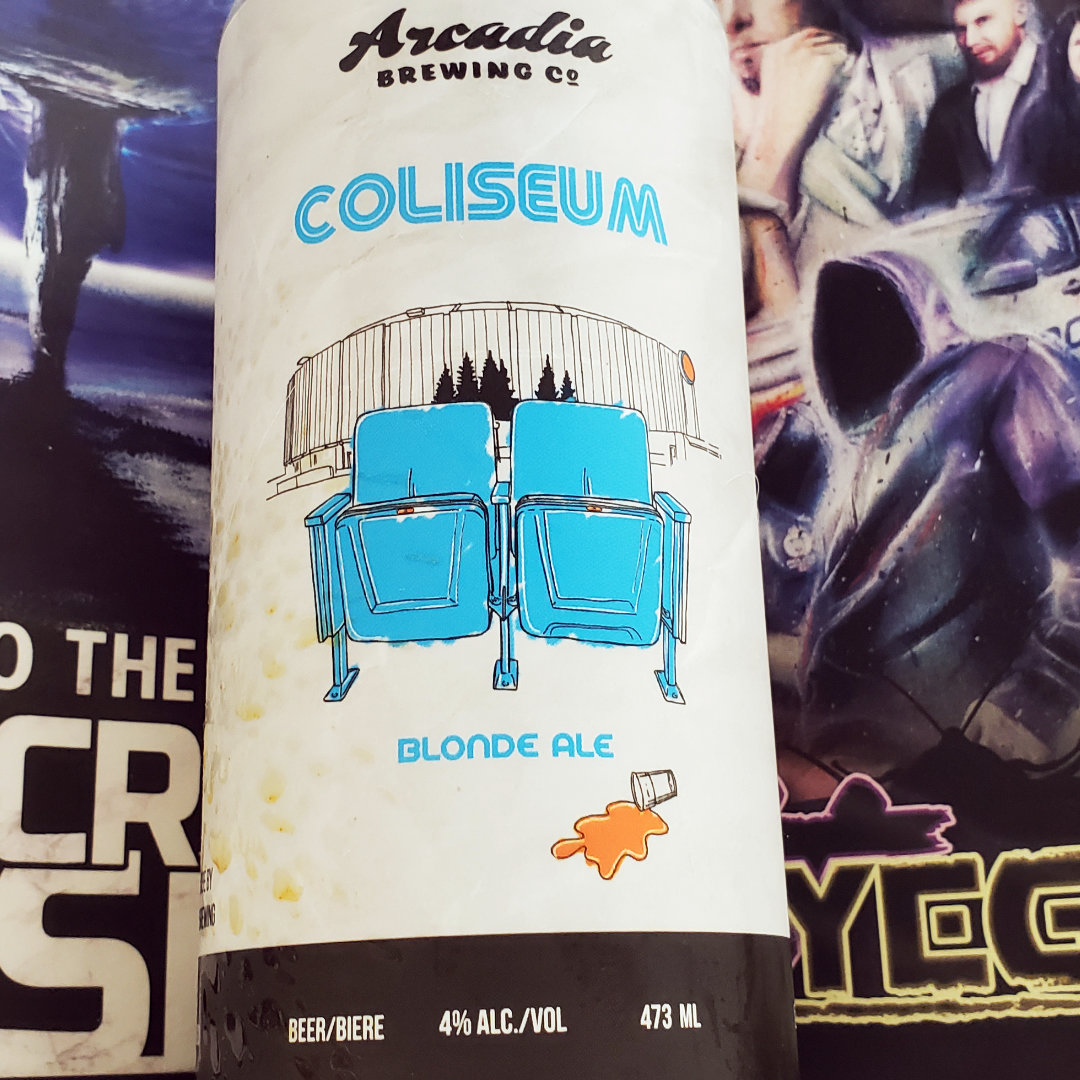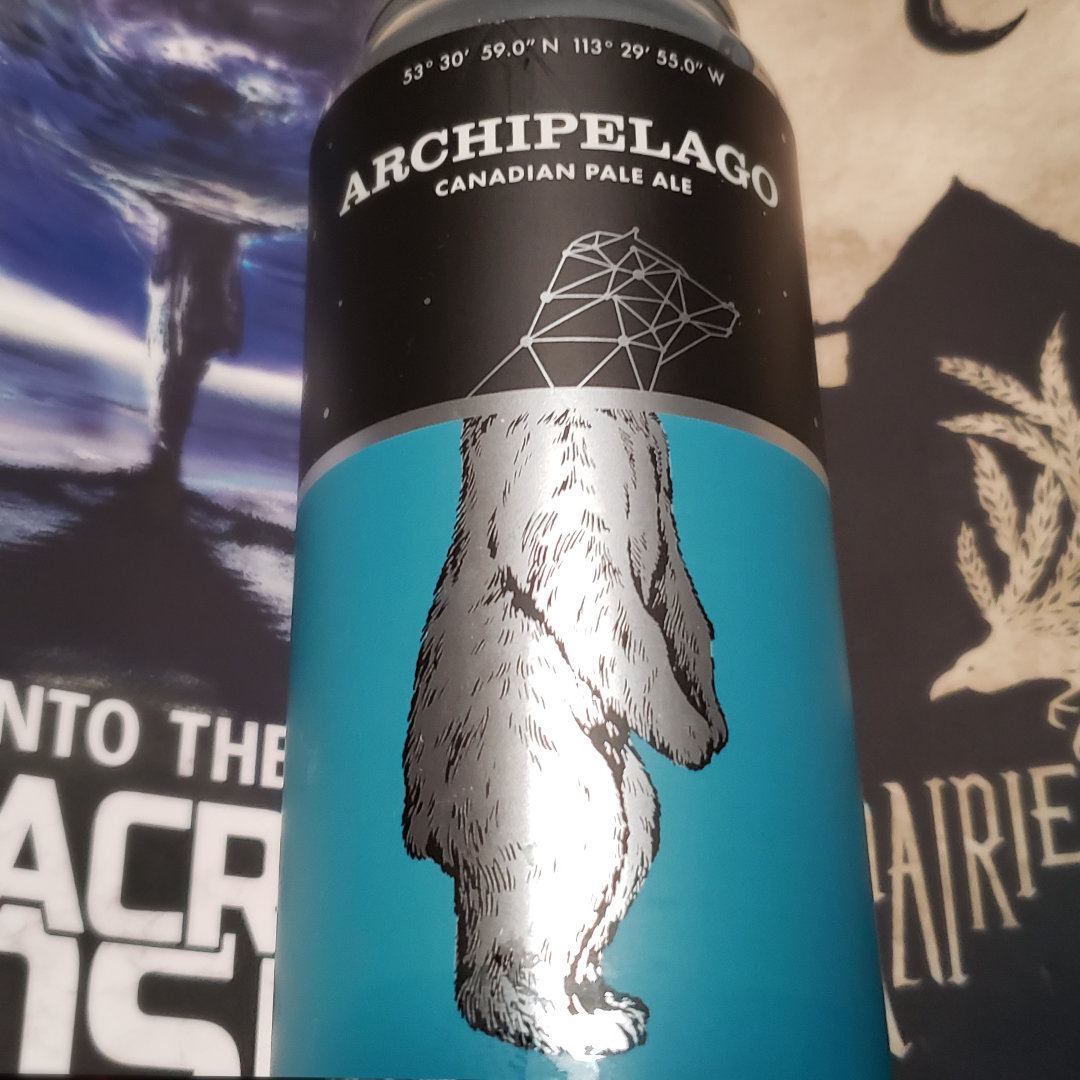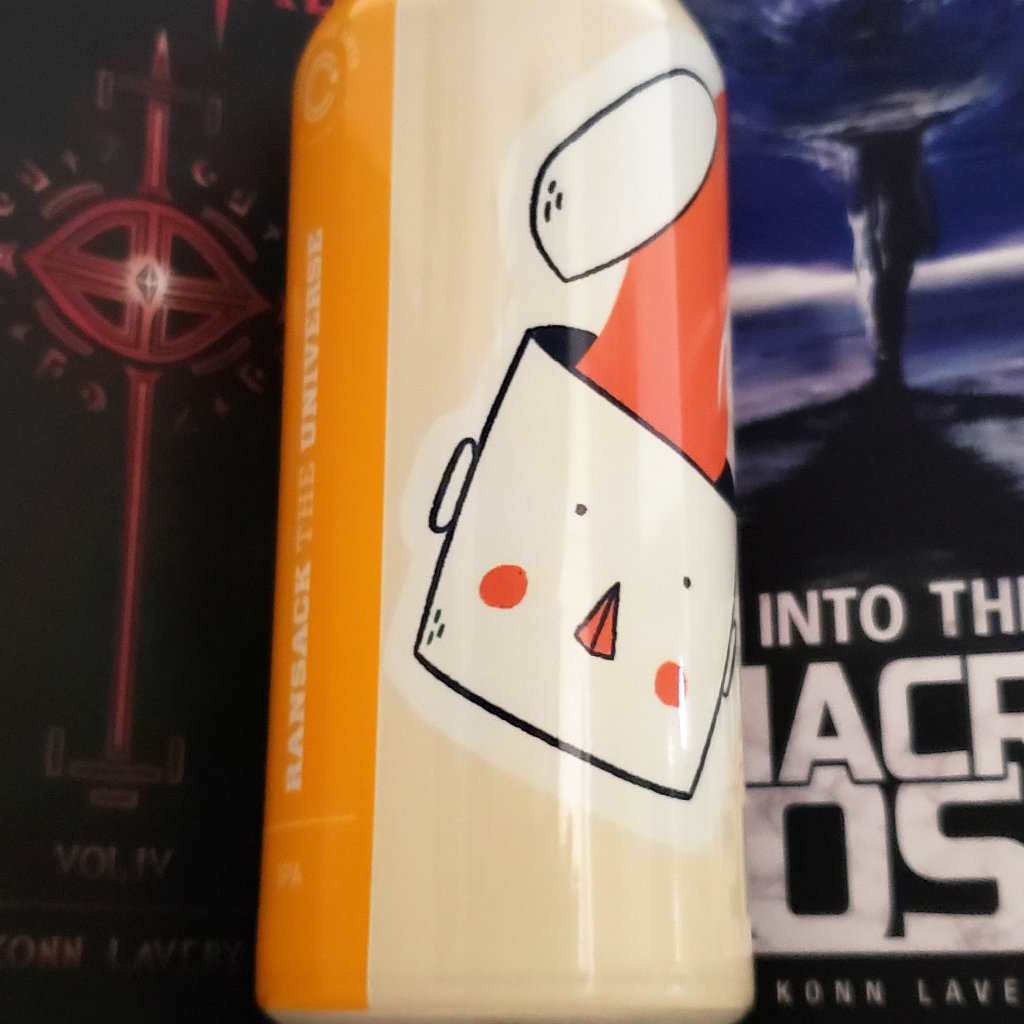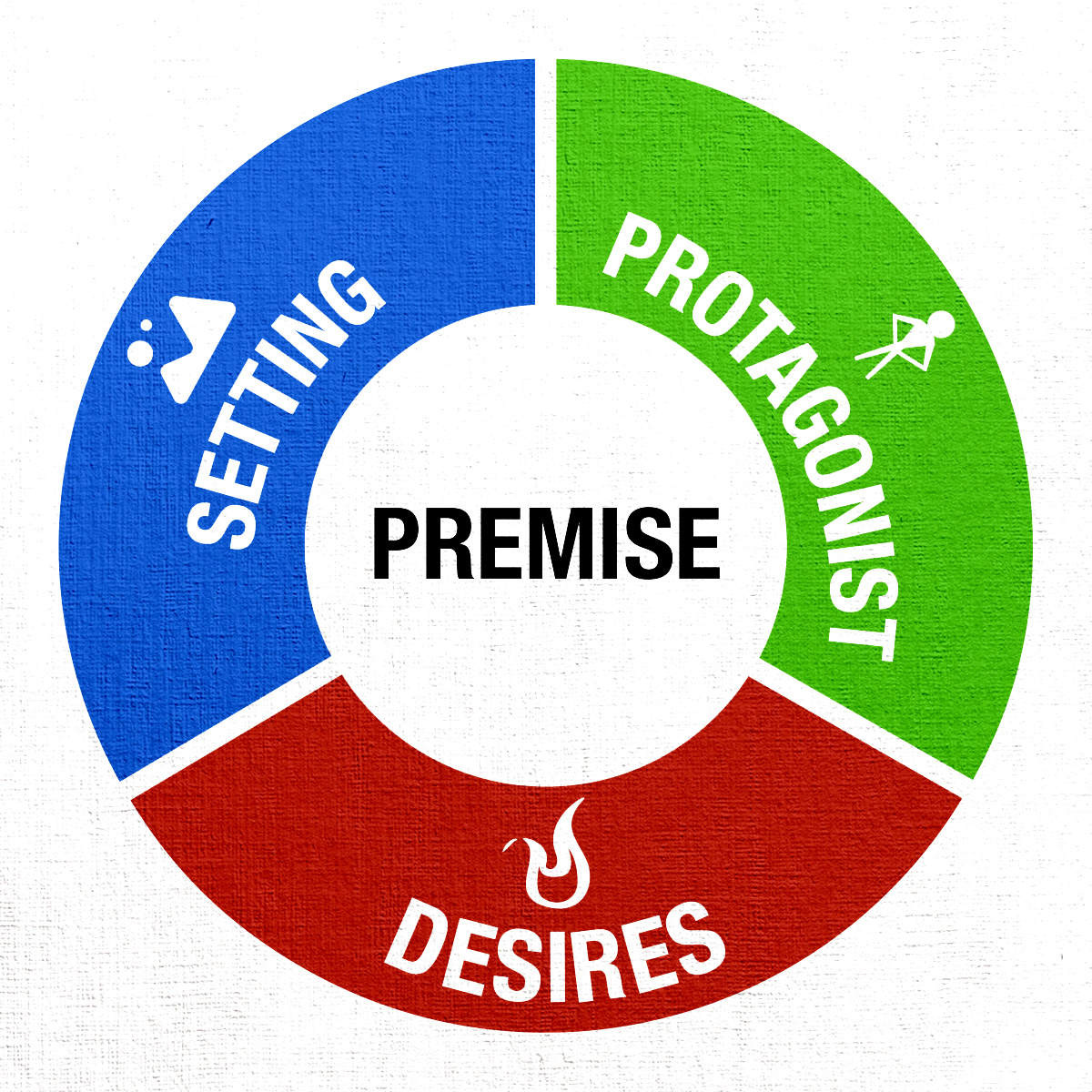
Want To Write A Fiction Novel? Part 1 – The Premise
Estimated Reading Time:
So you’ve decided that you want to write a book, congratulations! That’s a big commitment. Do you already know what your book is about? If you have this one figured out then you are off to a good start. Or perhaps you have always enjoyed writing but have never been able to piece together the necessary components to make a full manuscript. Maybe you got a great scenario or concept but nothing seems to piece together beyond that. So, that leads us to the big question, where do you begin writing a novel? One words for that:
Premise
The premise should be the very first step when it comes to working on a new novel (or any literary piece for that matter). To summarize it in the simplest terms:
The premise is your novel’s setting, the protagonist and the challenges and or desires that they face.
It is the foundation of your whole book. Ask other writers from any field, it is highly recommended to define a premise before you dive into the writing. Trust me, it will save you a ton of headaches down the road. Even if you hash out a rough version as a guideline that no one else sees.
Already have a premise in mind? Great, then the next thing to do is get it out of your mind and onto some paper (or a digital document). Scribbling the idea down so you have it in reality, it is the first stepping stone of many to come.
If you don’t have a premise in mind, it is time to flesh one out. This is a lot more challenging than it seems and there is a chance your premise will change over time while you develop the plot. Your premise doesn’t need to be overly complicated either, it can be as simple as a couple of sentences or as long as several paragraphs. I wouldn’t recommend going much further than that, if you do, it basically becomes your plot outline or possibly your first chapter. Keep it short and direct.
Your premise is the plot from a 5,000 foot view.
To further support the statement above, your premise can be composed of three main components, The Setting, Protagonist and their desire(s):
- The Setting – Where does your novel take place in? Is it modern times? The future? Another dimension with talking roadkill? Another way to look at it is – what type of stories do you like to read? Make that your setting.
- The Protagonist – Who is your primary character? Where do they fit into the setting? Why are they here?
- The Protagonist’s Desire – What drives your protagonist? Are they seeking revenge? Are they wanting to bring goodness back into the world or perhaps they have a deep rooted lust that they are wanting to fulfil with another character.
The protagonist as a whole is a much larger topic that we will go over in another post. You can find some insight into character development from the “Defining a Character” series that I had written previously. These three components can open a whole can of worms for ideas. The protagonist’s desire can spark the idea of who the antagonist is. The setting can define the protagonist’s supporting cast. However, for the premise, think short and simple. Remember, you want to summarize this in one to two sentences.
Your Exercise
To practice, try creating three different, one to two sentence premises. Don’t worry, you don’t have to write three full novels based on these premises if you don’t want to. The idea behind this exercise is to think big and broad. Make these premises as dramatic, ridiculous or as serious as you’d like.
Share these premises in the comments if you’d like some thoughts on them.
There are many online resources if you want to dive deeper into what a premise is. Some links that may be useful to you are listed below:
- The Premise of Your Story
- How to structure a premise for stronger stories
- Story Concept and Story Premise: Do You Know the Crucial Difference?
Keep watch for part two where we will dive deeper into shaping your story with plot outlines.
Want To Write A Fiction Novel? Part 2 – Plot Outline
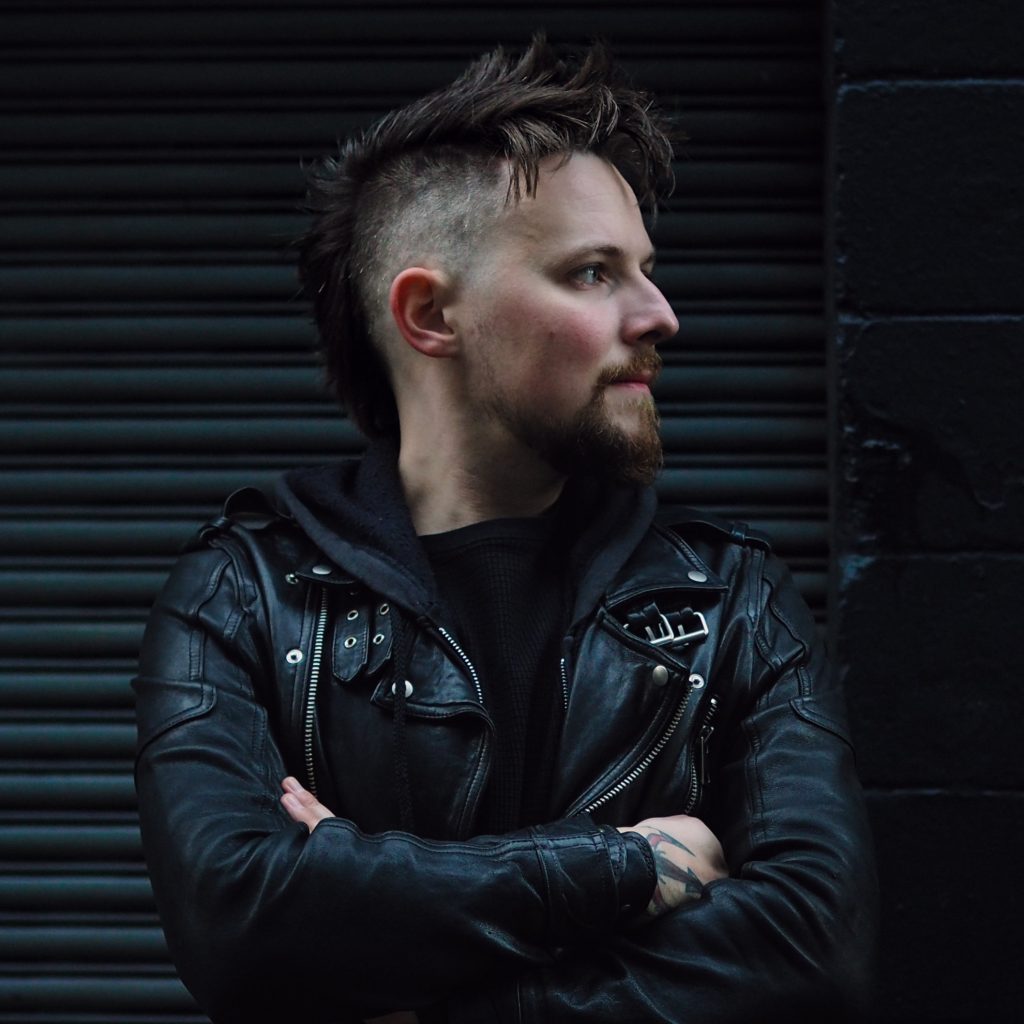
About Konn Lavery
Konn Lavery is a Canadian author whose work has been recognized by Edmonton’s top five bestseller charts and by reviewers such as Readers’ Favorite, and Literary Titan.


